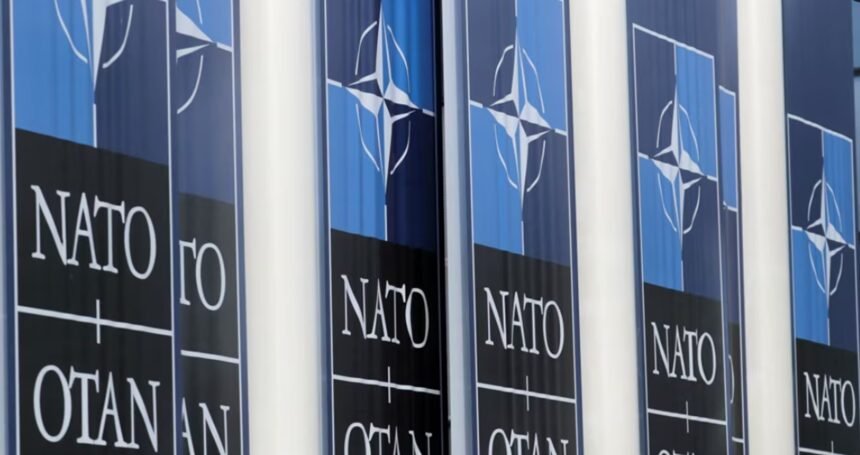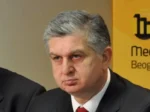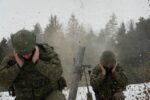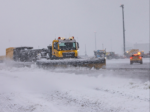NATO defense chiefs held an “open discussion” on Wednesday about possible security guarantees that could be given to Kyiv to help it reach a peace agreement that would end Russia’s more than three-year-long war against Ukraine, a senior alliance official said.
Italian Admiral Giuseppe Cavo Dragone, Chair of NATO’s Military Committee, emphasized that the 32 defense chiefs from across the alliance held a video conference as part of U.S.-led diplomatic efforts to end the fighting.
He said there was a “great and open discussion” among them.
“I thanked everyone for their always proactive participation in these meetings: we are united, and this unity was really clear today, as always,” he wrote on the social media platform X, without giving further details.
Ensuring that Ukraine will not be invaded again in the future is one of the key factors to convince it to sign a peace deal with Russia.
Ukraine seeks Western assistance for its military, including weapons and training, to strengthen its defense, while Western officials are working to determine what commitments can be offered.
Russia’s Foreign Minister Sergei Lavrov criticized efforts to work on security guarantees for Ukraine without Moscow’s involvement.
“We cannot agree with the fact that it is now proposed to resolve issues of collective security without the Russian Federation. That will not work,” Lavrov said on Wednesday, according to the state news agency RIA Novosti.
U.S. General Alexus Grynkewich, NATO’s Supreme Allied Commander Europe, participated in the virtual talks, Dragone said.
U.S. General Dan Caine, Chairman of the Joint Chiefs of Staff, was also expected to take part, according to a U.S. defense official.
Caine also met with European military chiefs Tuesday evening in Washington to assess the best military options for political leaders, according to the defense official, who was not authorized to speak publicly and spoke on condition of anonymity.
U.S. President Donald Trump met last Friday with Russian President Vladimir Putin in Alaska, and on Monday hosted Ukrainian President Volodymyr Zelensky and other European leaders at the White House. None of the meetings yielded concrete progress.
Trump is seeking to reconcile Putin and Zelensky in a peace deal, more than three years after Russia launched its full-scale invasion of its neighbor, but major obstacles remain.
These include Ukraine’s demands for Western-backed security guarantees for military protection to ensure Russia does not launch another invasion in the coming years.
“We need strong security guarantees to secure a truly sustainable and long-term peace,” Zelensky wrote on Telegram on Wednesday, after Russian missile and drone attacks struck six regions of Ukraine overnight.
Kyiv’s European allies are considering the possibility of creating a force to support any peace agreement, and a coalition of 30 countries—including European states, Japan, and Australia—has pledged to back this initiative.
Military chiefs are examining how such a security force could function.
The role of the United States remains unclear. On Tuesday, Trump ruled out the possibility of sending American troops to help defend Ukraine against Russia.







